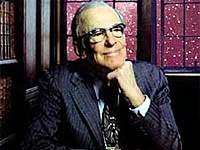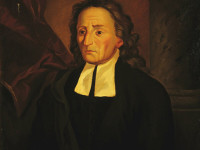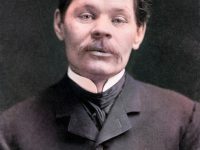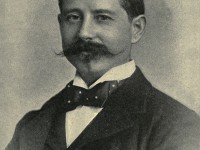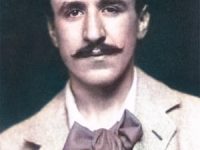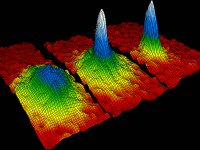Lyman Spitzer and the Space Telescope
On June 26, 1914, American theoretical physicist, astronomer and mountaineer Lyman Strong Spitzer was born. Researching in star formation and plasma physics, he is probably best known for being the first to conceive the idea of telescopes operating in outer space. Thus, he is also the namesake of NASA’s Spitzer Space Telescope. Well mountaineer and astronomer at the same time, I guess we never had a fellow like Lyman Spitzer up to…
Read more

